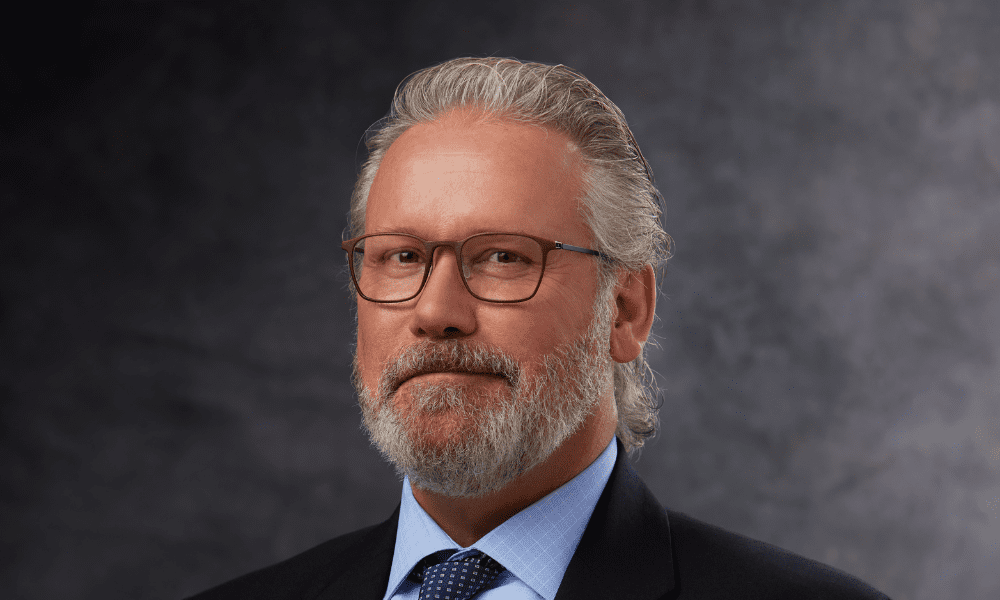Taking agriculture reinsurance to new heights

Taking agriculture reinsurance to new heights | Insurance Business Asia
Reinsurance
Taking agriculture reinsurance to new heights
“Farmers are adopters of technology and necessity is the mother of invention”
Reinsurance
By
Emily Douglas
Bill Fischer (pictured) really sees himself as more of an agricultural person rather than an insurance one. Bill is a 25-year veteran of the crop insurance sector and holds a Master of Science in Agricultural Economics from North Dakota State University. As the president of the Agriculture Division at Core Specialty, he told Re-Insurance Business that he’s seen the sector evolve rapidly thanks to the rise of new technologies paving the way for more advanced processes and reduced costs.
Core Specialty Agriculture Reinsurance provides proportional and excess of loss treaty reinsurance to top insurance companies offering multi-peril crop insurance, crop hail, livestock, and aquaculture coverage. Its approach is analytical and solutions based, providing creative risk management for innovative insurance companies who are focused on helping provide stable food, fiber and energy supplies to a growing world.
“My background is in agricultural economics,” he said. “Agriculture and technology have always gone hand in hand – farmers are adopters of technology and necessity is the mother of invention. Today, a lot of people are attracted to agriculture – because feeding the world is an important business. We see agricultural technology as leading the forefront in reducing risk management, because that’s what it’s all about for farmers – precision technology.”
This precision technology actually allows farmers to reduce labor costs too – as well as improve the efficiency and the use of resources. At Core Specialty, its own strategic initiatives are underpinned by the reliance on ever more impressive tech, with Fischer taking pride in working with other businesses that offer “innovative risk management tools that are more strategic” to modern agricultural practices.
“It’s fantastic,” said Fischer. “We believe it’s the cutting edge. There’s the broad-based cookie cutter approach to risk management which, don’t get me wrong, is an effective tool. But what we like to do is make sure that we’re always thinking about the 80:20 rule that exists in agriculture.”
This rule follows that 20% of producers produce 80% of the output. And those producers sitting on the leading edge of this technological adaptation have a different risk profile than the remaining 80%.
“We want to make sure that we’re out front, providing them with the risk management tools they need at the price that they deserve,” says Fischer.
How tech takes on climate change
This passion for new and adaptive technology goes further than helping producers – it’s a key aspect of dealing with pressing climate change challenges and predicting future trends.
“We’ve been hearing a lot about the building of drought resistant traits into intercede technology,” said Fischer. “A lot of seed manufacturers are touting their drought resistance – we’ve put that to the test in the last couple of years. What we thought should have been a not very great year in the crop insurance business in the United States, turned out to be marginal but much better than expected. And, again, farmers are amazingly resilient – they’re always changing and adapting. The climate has been changing for a very long time as well. Now, it’s more about what we can grow where, rather than [looking at] what we’re no longer able to grow.”
Fischer highlighted the expansion of agriculture into previously uncharted territories – a phenomenon partly influenced by climate change but more significantly, once again, by advancements in technology. And, looking ahead to what the future holds for the sector, Fischer believes that adaption and adoption will be the key to success here.
“Economics are obviously at play, [as are] increasing costs across the board. Insurance companies are an issue as well as increasing loss activity,” he said. “But it’s interesting how that relates to compressed margins. We worry about that more now in an interest rate environment – that’s greater than what it was two or three years ago. [As such], we must remain extremely lean and efficient – that’s the way we approach it.”
For Fischer that means looking towards the latest techniques to ensure you always remain efficient in your operations. At Core Specialty, they’re not increasing their expense load unnecessarily in order to offer clients the best rates possible.
“That’s how I see the future,” he told Re-IB. “Remaining ever more efficient and better structured.”
Keep up with the latest news and events
Join our mailing list, it’s free!






